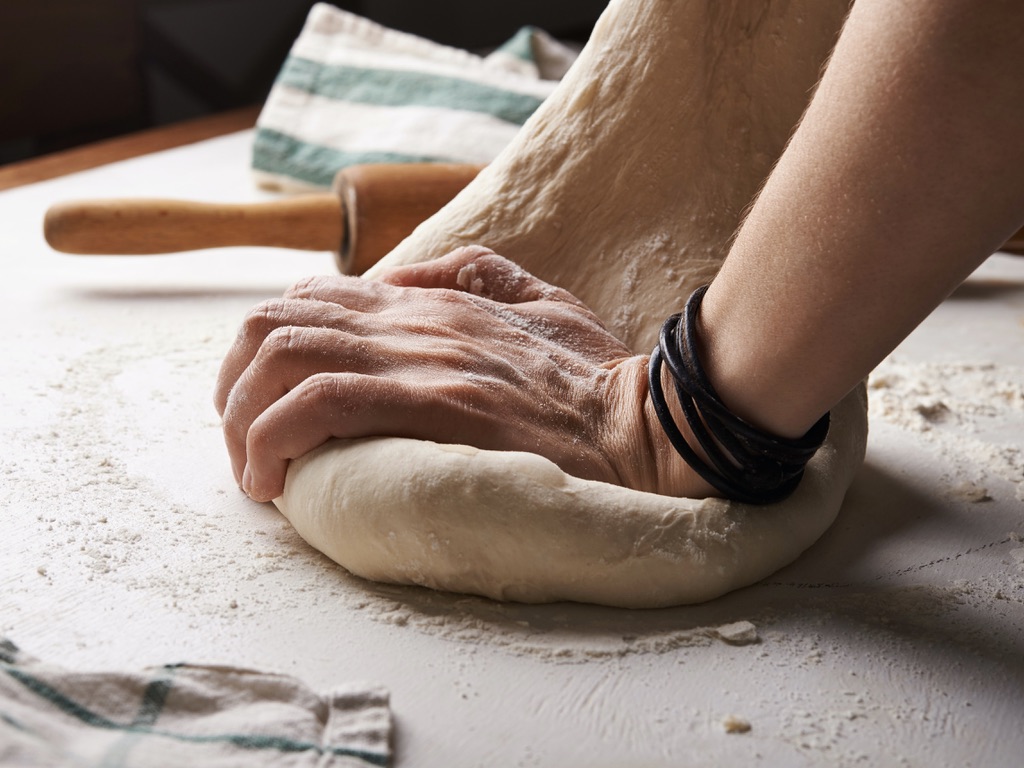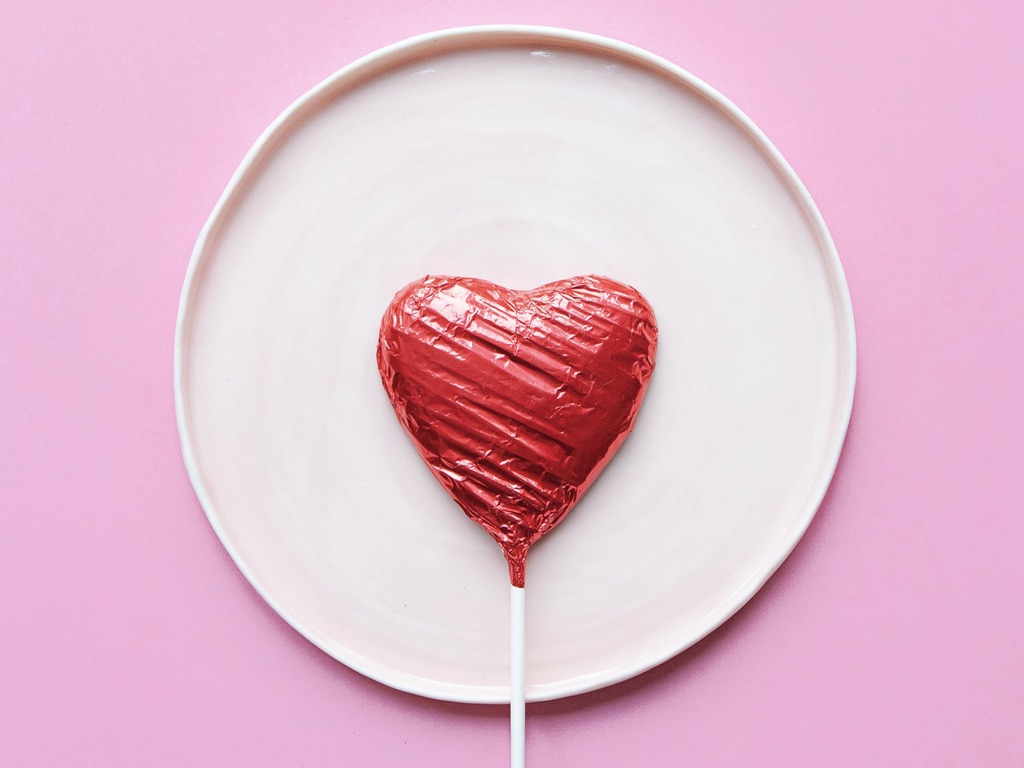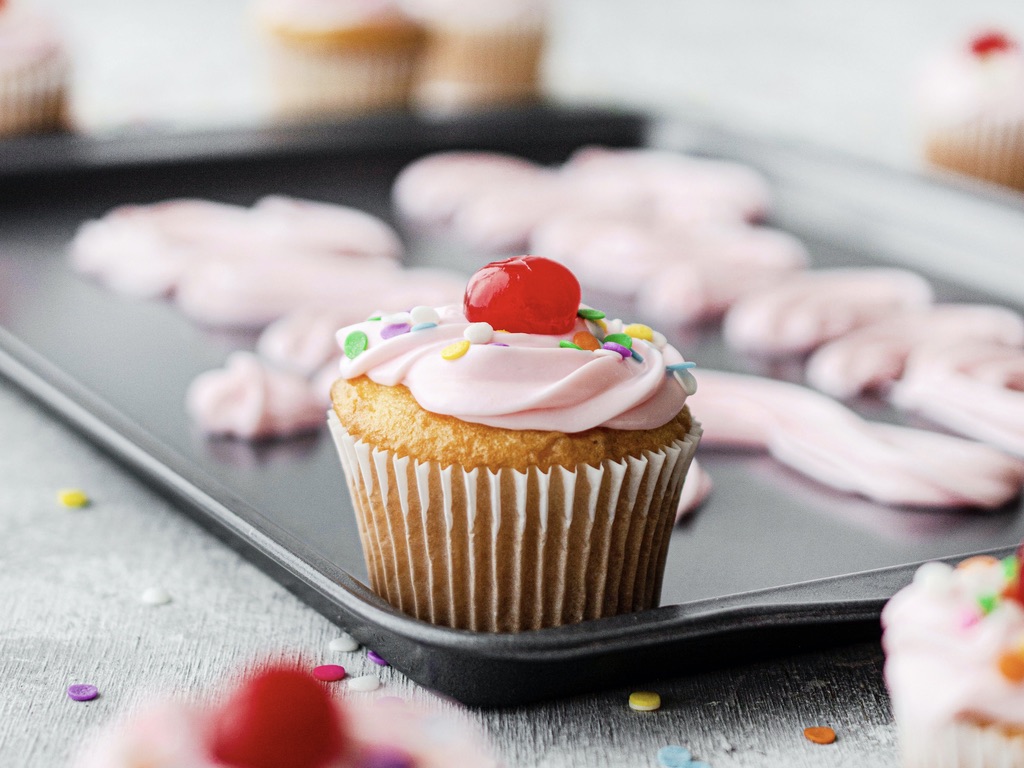
I gained a few pounds this year.
And this was the BEST GIFT for so many reasons.
I lost my weight 20 years ago. About 50 pounds. And since then, I’ve kept within my healthy range. But I recently crept into a place where I just didn’t feel good in my body.
The last few months have been a bit rough. My father in law died in December + my Dad died three weeks later + COVID.
Note: This is not a plea for sympathy. Life is just hard sometimes. And when shit gets hard, my husband bakes bread like he is feeding an army. FOR REAL.
Over the past few months, I was eating too much fresh bread + drinking too many gin and tonics + generally snacking more frequently than usual.
This is probably a good time to share a “rule” I adhere to around weight gain.
I never blame other people or circumstances for gaining weight. There is only person who decides what and how much I eat – and that person is ME.
So, I got to work. I faced the weight gain with curiosity + a “let’s figure this out” attitude. And that’s why it was a gift. Because it put me in YOUR shoes + helped me generate a bunch of new ideas for helping my clients lose weight.
For the entire month of May I started doing the things (or thinking I was doing the things). Cutting back here and there. Less alcohol. Less bread. Hiking in the morning AND evening. And the scale didn’t budge.
Sometimes it takes a minute (or a month) to figure things out. Sometimes we need to go from gaining to maintaining first.
But in the moment, my brain began swirling with…
- Guess it’s just going to be harder to lose weight at 45
- Maybe you just need to settle in at 140
- But I don’t understand WHY I’m not losing. I’m doing ALL THE THINGS!
I put an end to that BS thinking FAST. Because it was in no way going to help me solve this.
What I did instead was get curious + shift into problem solving mode.
Then…
For a few days in a row in June, I crushed it. I stuck to my plan. And the scale went up. Here’s what I know FOR SURE after a decade of coaching women on weight loss.
The scale doesn’t always reflect our actions. Because hormones + weather + hydration + physiology. We have to stay focused + be patient and then BOOM, the scale moves.
No matter what that scale said, I was proud of the way I showed up and wasn’t going to let the scale steal that from me. I wasn’t going to throw away all those good feelings because I didn’t lose half a frickin’ pound.
But what we normally do is tell ourselves…
- This isn’t working!
- It’s not fair.
- I’m broken.
Which inevitably leads to a pity party with pizza and donuts and screwing ourselves over.
I follow the same advice I give to my clients. Lose the weight in a way that is sustainable + you ENJOY. Losing the weight and keeping it off doesn’t have to be hard. But that’s what we’ve been sold by the diet industry.
Eat 1200 calories (HARD!)
Cut out the carbs (SERIOUSLY?!)
Count every calorie (SUCKS!)
Trade in all the foods you love for foods that taste like crap (NOPE!)
And what makes it hardest of all is while we’re trying to follow some hideous diet plan, we’re usually BEATING OURSELVES UP the entire time.
- I suck
- I don’t deserve food that tastes good
- I’m disgusting
- Look at that belly
- There is something wrong with me
I’ve come to the conclusion that being mean to ourselves is the #1 reason we don’t succeed at losing the weight + keeping it off. Followed close behind by believing stories that aren’t serving us like, “I don’t have the time,” or, “But I just love food too much,” or,” My family will SUFFER if I make myself a priority.”
Our brain is wired to look for problems + what is WRONG, and it takes a bit of practice to unwind that pattern.
There are two questions I ask myself every single morning as part of my “Plan + Assess” routine. I’ve started asking my clients to do the same.
(1) What did I do well yesterday?
(2) What is one thought I want to deliberately think about myself today?
My answer to question #2 today – I am a weight loss badass!
When we feel better, we do better.
💙 Robyn
Interested in a one-on-one coaching relationship with me? It would be an honor to work with you if and when the time feels right.
To learn more about Personal Health Coaching click HERE.
To schedule a Discovery Session click HERE.


